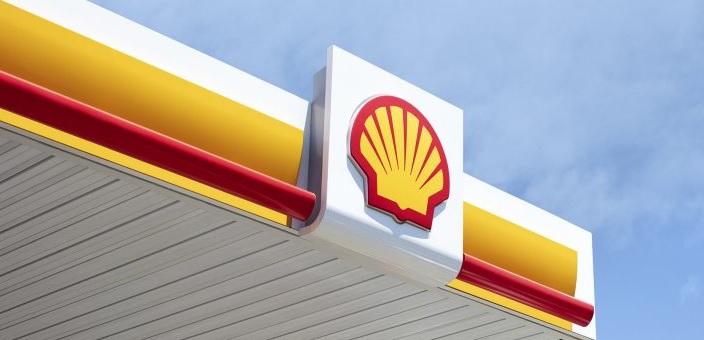Shell and GTT will cooperate to develop technologies to enable the transportation of liquid hydrogen (LH2).
The cooperation agreement is part of Shell’s strategy to develop a hydrogen energy supply chain by creating liquefied hydrogen shipping technologies. This includes the development by GTT of a preliminary LH2 carrier design as well as an LH2 cargo containment system for mid-size LH2 carrier.
The demand for hydrogen across multiple sectors is forecast to increase to meet the need for net zero carbon energy sources in the energy transition. The ability to transport very large volumes of hydrogen in liquefied form, at -250°C, is one of the technological challenges that must be met in order to establish a reliable, efficient, and competitive hydrogen supply chain.
Our cooperation will allow a new technological breakthrough in the shipping world with the safe and scalable deployment of liquid hydrogen transport
said Philippe Berterottière, Chairman and CEO of GTT.
In addition, Carl Henrickson General Manager of Technology, Innovation and Digitalisation for Shell Shipping and Maritime, stated that Shell’s strategy is to become a net zero carbon energy supplier by 2050 or sooner, and that the company sees that innovation with hydrogen and hydrogen technologies will play a major role in this ambition.
Safe and efficient bulk transport of liquid hydrogen will be a critical enabler and we believe GTT bring key expertise to this project that will ultimately help to accelerate and unlock this future energy source
The three companies will build a consortium for developing and testing marine fuel cells, aiming to include ship owners, ship builders and maritime classification societies in the consortium moving forward.
Doosan Fuel Cell will complete its marine fuel cell systems and get the systems marine certified by 2024. Commercialization of systems are scheduled in 2025.




























































